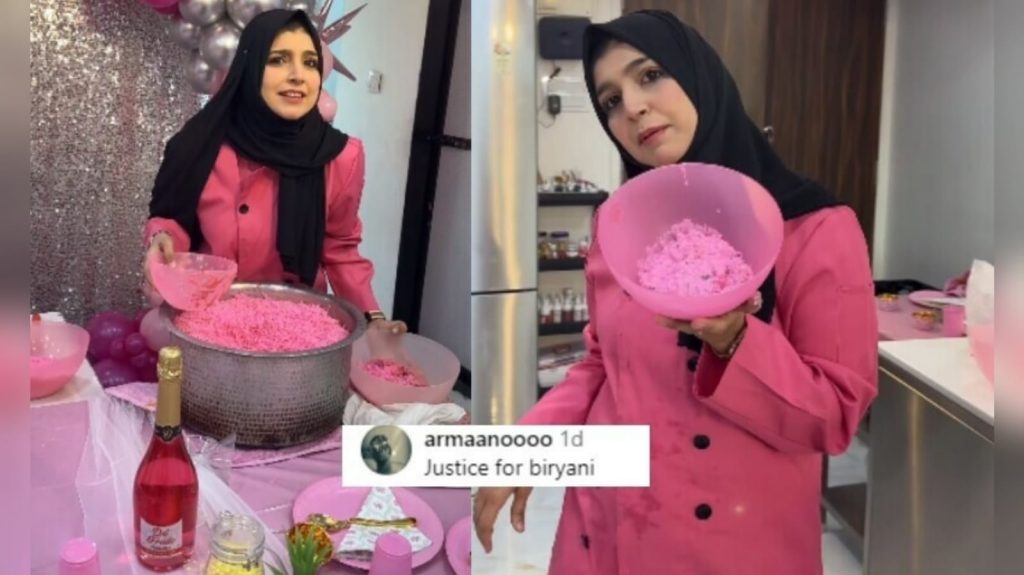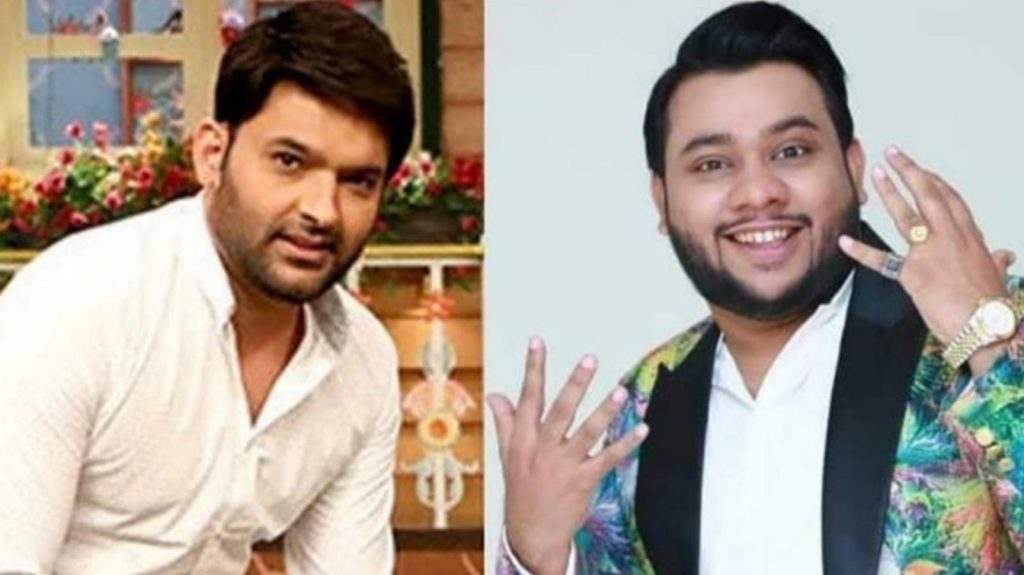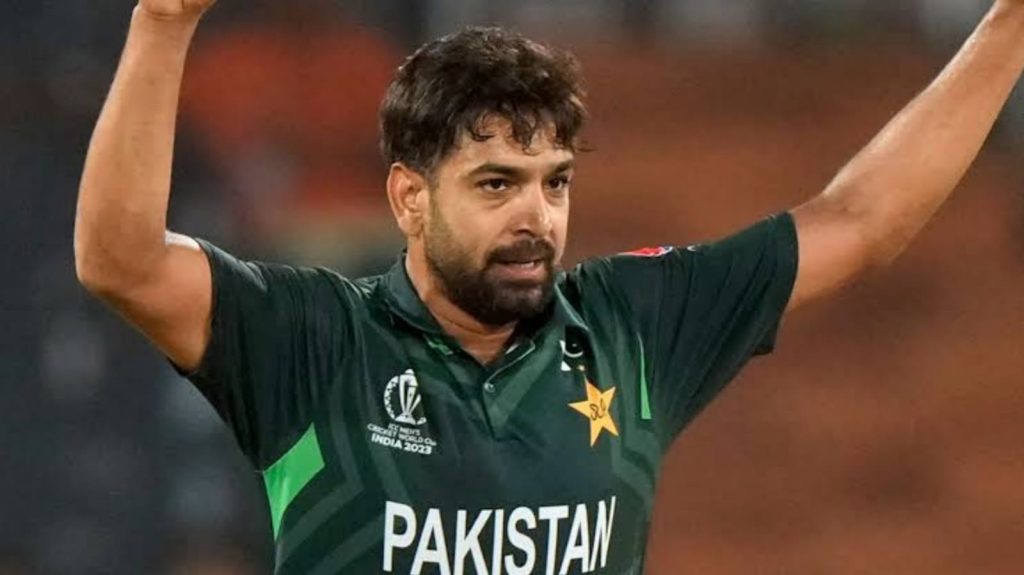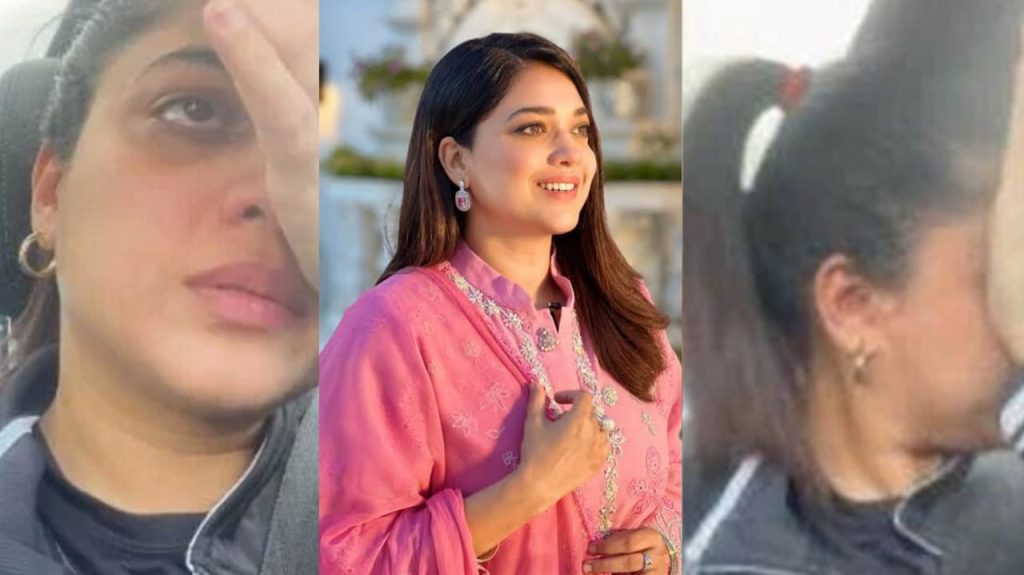Often, the drama industry in Pakistan has been criticized for not addressing sensitive issues with enough care and for promoting problematic behavior instead. Several netizens expressed outrage at the way drama serial Aitebaar depicted the aftermath of a rape attempt in its second episode.
The second episode that aired on Monday showed the traumatized wife played by Zarnish Khan trying to make her husband (Syed Jibran) ‘feel better’ after she escaped kidnapping and attempted rape but he refuses to believe her innocence.



Khan tells her husband she escaped before anything could happen and asks him for support. He, however, refuses to believe anything she says and throws a fit instead. Saying he can’t even face her because “another man has touched” her, he assumes that she has been raped.
Have a look at the scene:
The audience is not okay with this show of toxicity and for the right reasons. One user said she usually supports dramas based on rape victims but our drama industry has a toxic way of portraying survivors that end in the woman spending “her whole life proving her innocence to everyone around her.”
Another user had a question about what the man had lost in the entire ordeal, especially compared to the woman’s trauma. “Why are the man’s feelings even in the equation?” she asked.
Ironic how the drama is labeled Aitebaar yet there is no trust between the spouses, as pointed out by this user.
Someone pointed out that even if she had been raped, it would not have been her fault. They picked on Khan’s dialogue, “Mein abhi bhi wohi Pari hun [I am still the same Pari],” to highlight the fact that people do not become lesser versions of themselves even after they are subjected to violence.
Others pointed to other dramas with similar plots, and one user said a drama with such a story caused her to completely stop watching Pakistani dramas.
One user pointed out that Hum TV has the least “chawal [foolish]” dramas and made a special mention of one particular drama that has been on everyone’s minds when it comes to toxicity for comparison: Aye Musht-e-Khaak.
Our society has to understand that rape is never the fault of the victim, and showing a husband who cannot look at his wife after she survived an attempted rape. You cannot blame the victim.
Rather than show characters who need to be coddled after a wife suffers trauma to keep their fragile male egos alive, the entertainment industry could do well if it portrays empathetic and supportive characters.
Writer Nemrah Ahmad Niazi also recently called out show creators and writers for the “toxic hero culture” and emphasized it needs to stop.
What do you think of this story? Let us know in the comments section below.


















